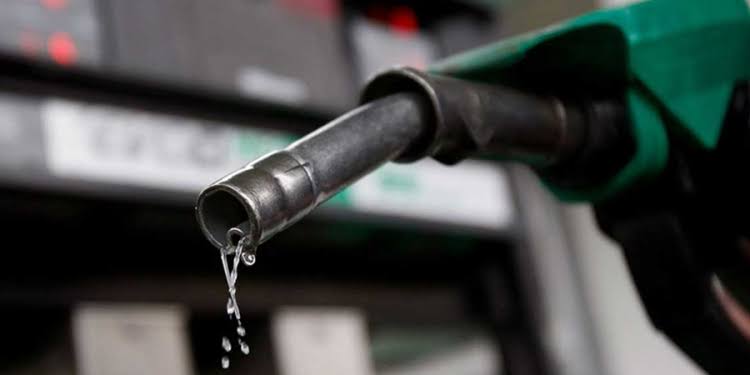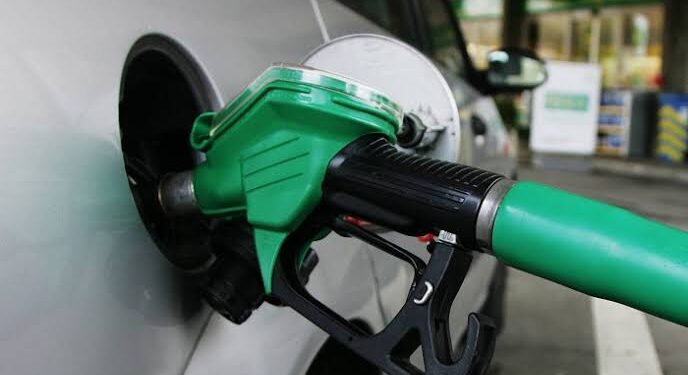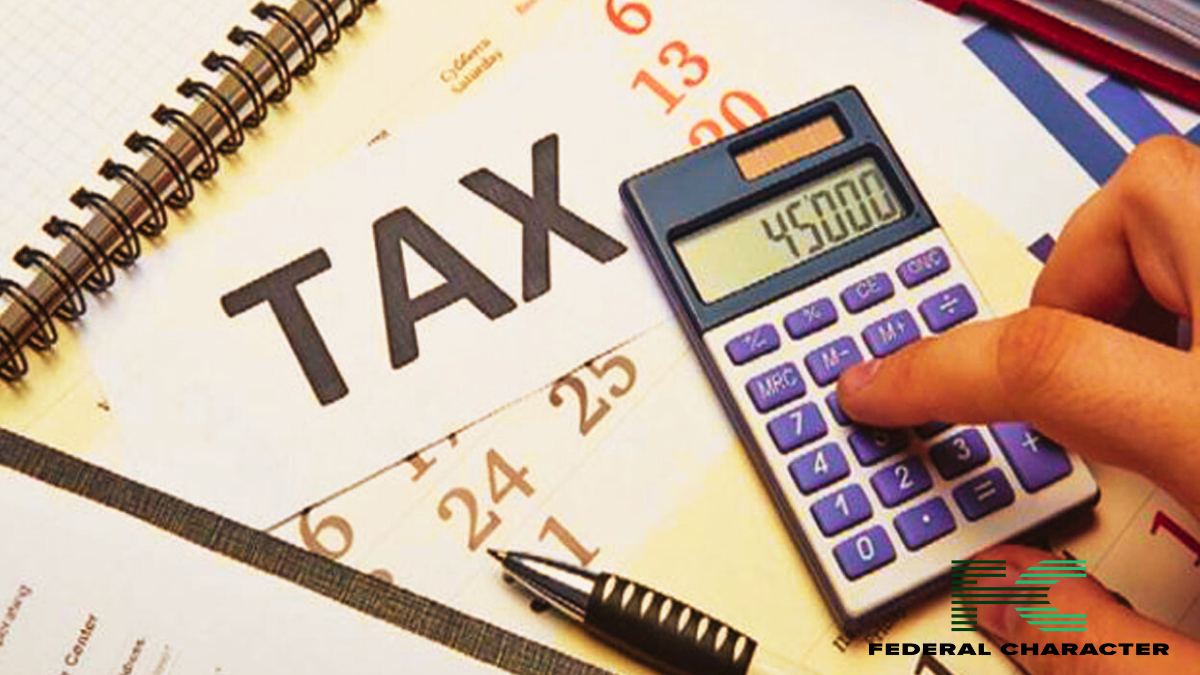The Minister of State for Petroleum Resources (Oil), Senator Heineken Lokpobiri, has refuted claims based on a recent report alleging that the ministry instructed the Nigerian National Petroleum Company Limited (NNPCL) to increase the price of Premium Motor Spirit (PMS), commonly known as fuel, to N1,000 per litre above the government-approved pump price.
Through his Special Adviser on Media and Communication, Nnemaka Okafor, the Minister dismissed the claim as baseless and an attempt to incite public discontent. He urged Nigerians not to be misled by such false statements, emphasizing that the NNPCL operates as an independent entity under the Companies and Allied Matters Act (CAMA), with its own board of directors managing its operations. The ministry, he stated, does not interfere with NNPCL’s decisions, especially regarding price fixing.
Background
Earlier reports circulated suggesting that the Minister had instructed the NNPCL to sell petrol above the current landing cost of N1,117 per litre. It was alleged that this measure was intended to curb the rampant smuggling of petroleum products to neighboring countries, a problem exacerbated by the removal of fuel subsidies in May 2023, which had significantly increased petrol prices.
Currently, while petrol averages N701.99 per litre in Nigeria, it is sold for as high as N2,061.55 in Cameroon and over N1,672.05 in the Republic of Benin.

Minister’s Statement
The Minister challenged anyone with evidence—whether written documents, audio, or video recordings—to make it public, stressing that such claims are entirely false and should be recognized as an intentional effort to mislead the public.
The statement read: “The Federal Government is compelled to address the outright falsehoods currently being circulated on social media, which claim that the Minister of State Petroleum Resources (Oil), Senator Heineken Lokpobiri, has directed the Nigerian National Petroleum Company Limited (NNPCL) to inflate petroleum prices to one thousand Naira (N1000) above the approved pump price.
“We categorically condemn these claims as baseless, malicious, and a deliberate attempt to incite public discontent.
“We challenge anyone in possession of any evidence—be it written documents, audio, or video recordings—that supports these fabrications to make it public. Such a claim is entirely devoid of truth and should be recognized as an intentional effort to mislead the public.
“It must be stressed that NNPCL operates as an independent entity under the Companies and Allied Matters Act (CAMA), with a fully empowered Board of Directors.
“The Ministry of Petroleum Resources does not, and will not, interfere in the internal decisions of NNPCL, including pricing matters.
“Any suggestion otherwise is not only incorrect but also reveals a profound misunderstanding of the deregulated nature of Nigeria’s petroleum sector.
“The public is hereby strongly advised to dismiss these malicious rumours. The Minister cannot, and does not, direct NNPCL or any other entity within the sector to manipulate prices. Any claim to the contrary is nothing more than an ill-conceived attempt to sow discord and confusion.
“We urge all Nigerians to remain vigilant and rely solely on information from verified and official channels.”
Why It Matters
Nigeria is currently grappling with the challenges of fuel scarcity and high fuel prices, which have led to increased transportation costs and, in turn, higher market prices. The current fuel prices, often ranging between N800 to N1,000 per litre in many stations, have caused significant concern among Nigerians, who struggle to understand why they face such high costs despite the country’s abundant petroleum resources.
The earlier report had also sparked public outrage against the ministry, necessitating the Minister’s response to discredit such claims. However, this situation raises a critical question: Is the NNPCL truly independent? Even with its independent status, fuel prices continue to rise, causing great concern among Nigerians.

















